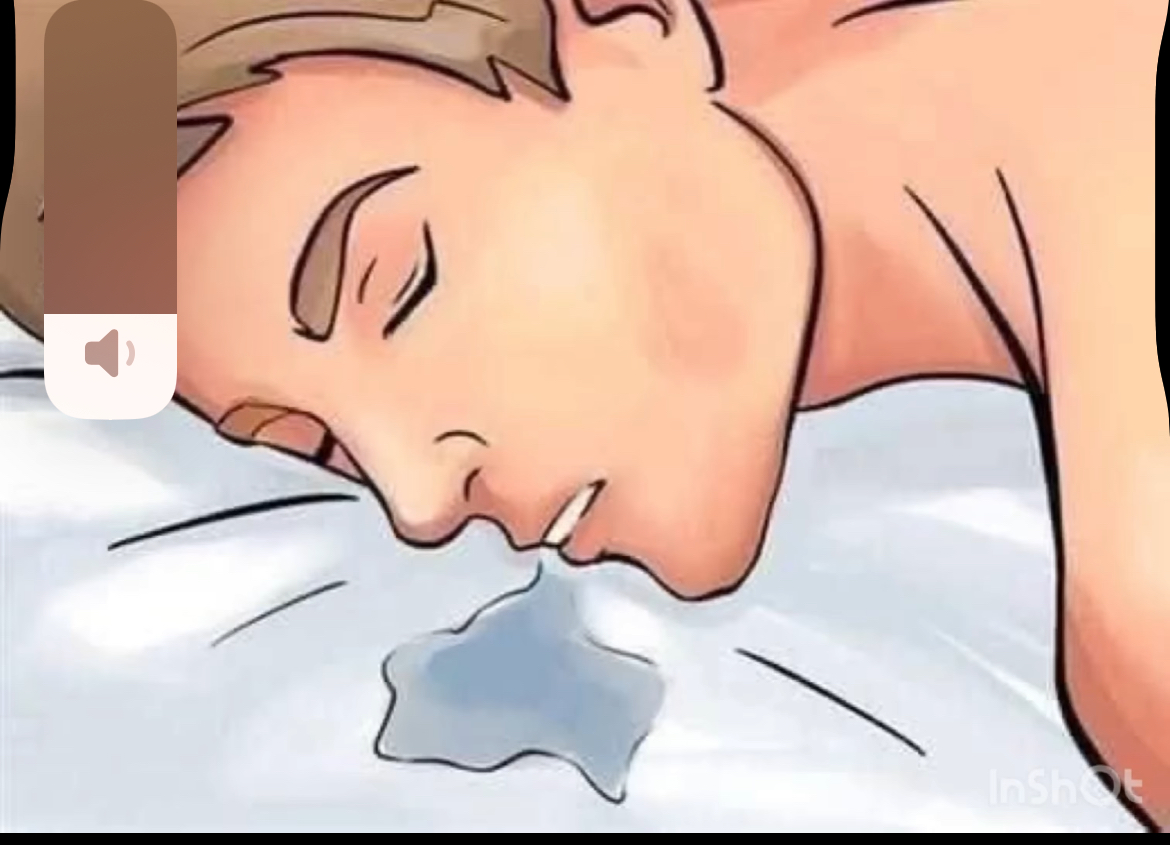Drooling while sleeping is often a sign that your brain and body are in a deeply relaxed state. This can be associated with various factors, some of which are completely normal, while others may indicate underlying issues that need attention.
1. Deep Sleep and Relaxation
One of the most common reasons for drooling during sleep is that your body has entered a state of deep rest. During REM (rapid eye movement) sleep and other deep sleep stages, your muscles become more relaxed, including those that control your mouth and swallowing reflexes. If your body is in a particularly restful sleep state, you may not swallow as frequently as when you are awake, allowing saliva to accumulate and escape from your mouth. This can actually be a sign of good sleep quality.
2. Sleep Position Matters
Your sleeping position plays a significant role in whether or not you drool. People who sleep on their stomachs or sides are more likely to experience drooling because gravity pulls saliva toward the pillow. In contrast, those who sleep on their backs may experience less drooling, as saliva is more likely to stay in the mouth and be swallowed naturally.
3. Nasal Congestion and Mouth Breathing
If you are experiencing nasal congestion due to a cold, allergies, or sinus problems, your brain may signal your body to breathe through your mouth instead. When this happens, your mouth may remain slightly open throughout the night, increasing the chance of drooling. This is particularly common in individuals with chronic sinus issues or those who suffer from conditions like a deviated septum.
4. Excessive Saliva Production
Some people naturally produce more saliva than others. Certain medications, including those for allergies, depression, or neurological conditions, can increase saliva production as a side effect. Additionally, acid reflux or GERD (gastroesophageal reflux disease) can sometimes trigger excessive saliva production, which might contribute to drooling at night.

Leave a Reply